NICHD Podcasts Feature Research on Maternal Smoking
Many people are familiar with the health effects of cigarette smoking and secondhand smoke. Research has also tied smoking during pregnancy to later health and behavior problems in children. This podcast round-up features three interviews with NICHD grantees interested in the connections between maternal smoking and child health.

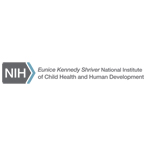

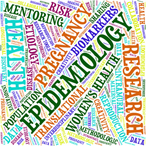



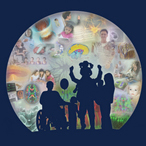
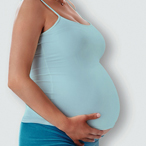
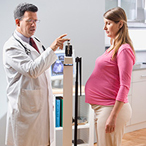


 BACK TO TOP
BACK TO TOP